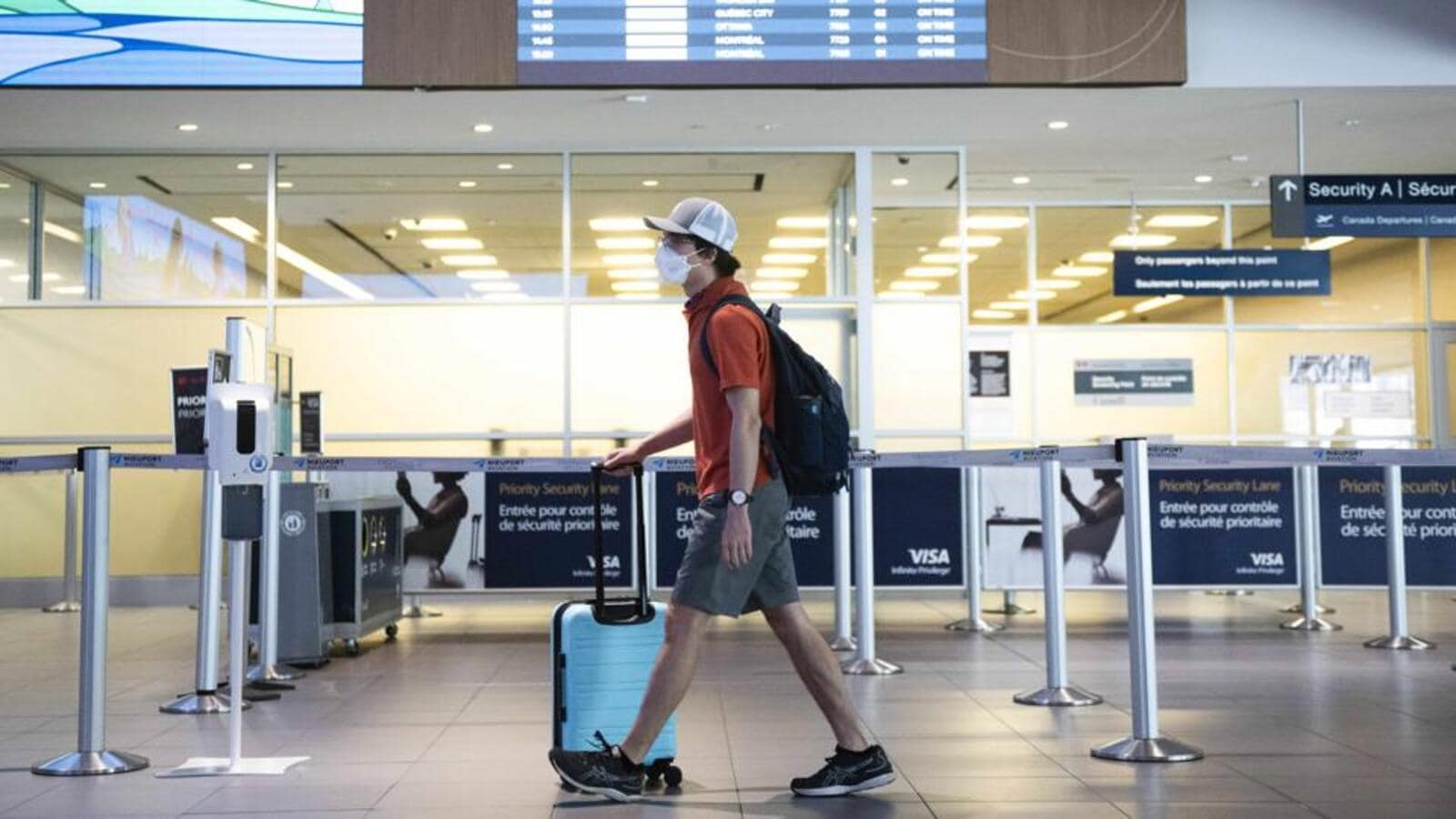World
Canada’s foreign worker programme slammed by UN as ‘contemporary slavery’

Toronto: Already facing criticism, Canada’s temporary foreign workers programme has been called out by a United Nations Special Rapporteur “as a breeding ground for contemporary forms of slavery.”
This description, contained in report from the UN’s Special Rapporteur on contemporary forms of slavery, including its causes and consequences, Tomoya Obokata, was first flagged by the outlet Globe and Mail.
“The Special Rapporteur retains the view that the Temporary Foreign Worker Program serves as a breeding ground for contemporary forms of slavery, as it institutionalizes asymmetries of power that favour employers and prevent workers from exercising their rights,” the report stated.
The programme, which has witnessed a surge during the tenure of Prime Minister Justin Trudeau, has also been criticized for bringing in low-wage workers, thus suppressing income and reducing job opportunities for Canadians.
On Saturday, Opposition leader Pierre Poilievre, in a post on X, attacked the ruling Liberal Party and its partner, the New Democratic Party and its leader Jagmeet Singh, on this issue. He posted, “While our youth face massive unemployment, the NDP-Liberals allow big corporations to replace them with low-wage foreign workers from poor countries. Ignore their words. The facts show that #SelloutSingh & Trudeau again rob our working class youth to profit corporate friends.”
The agency Bloomberg reported on Monday that Canada allowed employers to bring in nearly 240,000 workers under the programme, twice the number in 2019. “About a fifth of those positions were in jobs most common in restaurants and retail stores, such as cooks, food counter attendants and cashiers,” it reported.
Vancouver Sun columnist Douglas Tood commented on X on Monday, “Cheap foreign labour soars in Canada as young workers are left jobless. It’s getting harder for young Canadians to find a job. An influx of cheap foreign workers in restaurants and retail stores may be making it tougher.”
Last week, Ottawa announced it was attempting to reduce the use of temporary foreign workers in the country along with remedial measures to prevent fraud and abuse in the system.
Some of the intended actions were outlined during a meeting with business representatives, according to a release from Employment and Social Development Canada or ESDC.
That meeting was led by Randy Boissonnault, Minister of Employment, Workforce Development and Official Languages, who said, “Bad actors are taking advantage of people and compromising the program for legitimate businesses. We are putting more reforms in place to stop misuse and fraud from entering the Temporary Foreign Worker Program.”
The Minister said Ottawa “is considering implementing refusal to process under the low wage stream. If implemented, this would prevent employers in certain areas and industries from using the TFW Program.”
The release said the meeting was meant to send “one clear message: the TFW Program cannot be used to circumvent hiring talented workers in Canada, and the federal government will take further action to weed out misuse and fraud within the system.”
The announcement comes as pressure mounts on the Trudeau Government to control temporary immigration, which also includes those on study permits. High levels of immigration have led to a shelter affordability crisis in Canada.
According to Immigration, Refugees and Citizenship Canada or IRCC data, there were 183,760 TFWP permits holders in 2023, with those from India comprising 28,215 of them. Till June this year, Indians accounted for 17,095 of the 109,840 permit holders.
In comparison, prior to the Trudeau Government assuming charge in late 2015, the numbers were much smaller: Indians formed 1955 of the overall 72,960 TFWP work permits holders that year.
In an earlier oped in the outlet Toronto Star, Trudeau had addressed the issue of the misuse of the programme, as he wrote, “I believe it is wrong for Canada to follow the path of countries who exploit large numbers of guest workers, who have no realistic prospect of citizenship. It is bad for our economy in that it depresses wages for all Canadians, but it’s even worse for our country. It puts pressure on our commitment to diversity, and creates more opportunities for division and rancour.”
However, those views were voiced in May 2014 before he became PM.










